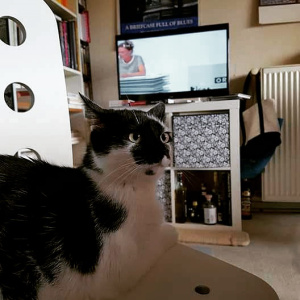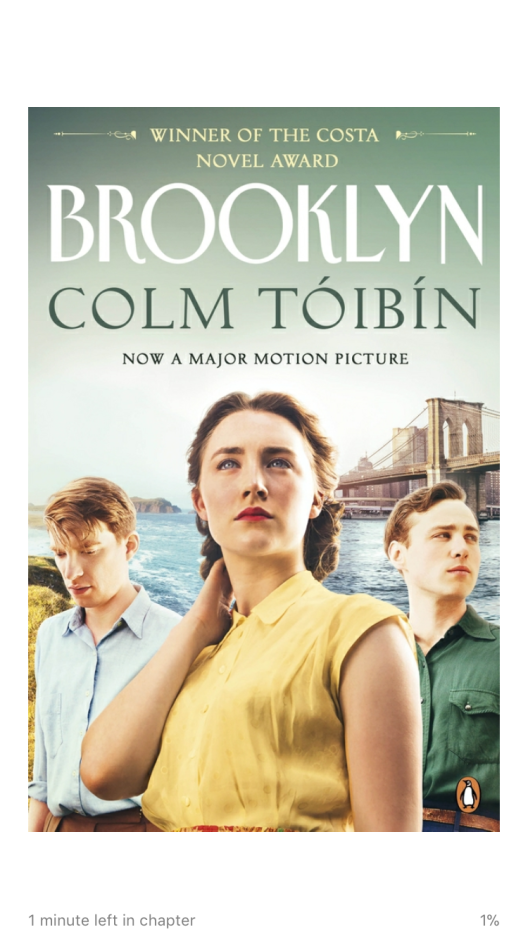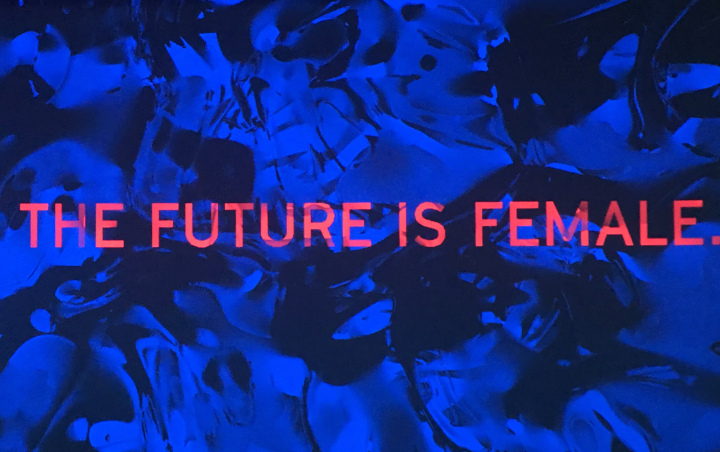If you follow this blog you are likely not fluent enough in German to have followed the Bachmannpreis livestream (see my post about the event) so here is a brief summary of how day one (of three) went. The writers who read today were, in this order: Karin Peschka, Björn Treber, John Wray, Noemi Schneider and Daniel Goetsch. You can read all the texts here, if you are so inclined.
Karin Peschka started the day with a text set in a post-war devastation, with a protagonist just called “Kindl” (“the child”). The writing is intentionally simple and stark, with vast sequences of dull, repetitive description that urgently required culling, and some occasionally very strong images. Peschka’s text was very weak, relying too much on the setting and the protagonist to carry the rest of the text; it was derivative, most of all. Yet, in hindsight, with all the other terrible texts behind me, it wasn’t that bad. At least it was competent and occasionally interesting.

If you’re wondering how to properly watch the competition: like this. On TV, with twitter on the laptop and a coffee mug full of cheap white wine. At least that’s how yours truly does it.
Björn Treber, a very young writer with just a few small publications under his belt offered an unusually brief text, basically a long description of a funeral. It read like an overnight improvisiation before the deadline to hand in the text. There was nothing at stake, nothing interesting, no tension, no direction, no discernable stylistic interest. There were hints of interesting directions, but Treber never explored them. He’s clearly not untalented, but this read more like an early early draft that you’d bring into a writing workshop, to tease out the hints in it of identity, heritage and existentialism. It did not read like a story offered at Germany’s second most prestigious literary award.
John Wray was third, and boy did he save the day. You know, this felt like seeing LeBron playing against a high school basketball team. After Treber’s story that was barely acceptable as homework in a creative writing class, John Wray offered a modulated, shifting story that touched on culture, history, literature, power, gender and race. It told a story that is impossible to summarize, but one that reflects on its own structure, its own language, that touches on realism, science fiction, historical fiction and the current taste for dystopian writing. In it we had a barely-successful writer from Brooklyn, a sister with a mental illness who imagines a story, an ornithologist whose encounter with natives is a paraphrase of turn of the century anthropology, a fascist leader and more. There is a prominent nod (I think) to Alfred Korzybski in there and many other writers. All of this in just a handful of pages that took 25 minutes to read aloud in a slow, somber voice. I wouldn’t be surprised if the story’s movements and turns couldn’t be made to fit the Chaucerian form of the Madrigal (the return of the original rhymes made me think of that). All of this was made without any kind of literary arrogance – you could tell the skill and the exhilaration of the writing throughout but it also reads extremely light. This is not just the best story of the day – but one of the best stories, in the way it is condensed and shaped, I’ve read all year. Everybody broke for lunch and I refilled my coffee mug with white wine and ate some crackers.

This is my cat’s reaction to hearing Noemi Schneider read. I have to say, I agree with her on this!
After the break, 35 year old Noemi Schneider read a text that was, in sound, skill and attitude, a text I’d have expected of a precocious 20 year old. In fact. Young Ronja Rönne read a text in a vaguely similar vein last year. There’s a lot of irony in it, playing with language, expectations etc etc. but it is also just plain terrible. There’s nothing redeeming about the text in any way. Amateurish, flat, and boring, it also left a bad taste in my mouth because Schneider is not above toying with exoticism to flesh out aspects of her characters’ relationship to reality. That’s not new: in her recent novel, she similarly used foreignness as a metaphor, and an asylum seeker as a prop to tell a story about Germany and family relations in this country. Awful, unpleasant and bad. Suddenly, Peschka’s story didn’t seem quite as awful.
The final reader was Daniel Goeltsch, who, look. It was the last reader, first day, maybe that’s why he seemed insufferably dull, but BOY O BOY was he dull. A story about postwar Germany that was so terrible and dull that the discovery that it is an excerpt from a novel made me recoil in shock. Weaponized boredom, is what it was. Lazy imagery, terrible writing about physical intimacy, wave after wave of irrelevant description and, I think?, plot? I don’t think Goeltsch is all bad. I started reading his novel Ein Niemand an hour ago to review it on the blog and it’s not bad? I think Goeltsch needs a loving but mean editor. This story didn’t really go anywhere, it was written in the most plodding dull German I can imagine this side of Martin Walser, and I was so disinterested, I barely paid attention to the jury squabbling over the text.
I don’t know if Wray will win the whole thing. The judges seemed to believe his text was too good (I wish I was kidding) and they still licked their wounds over finding out, post-factum, that last year’s winner, the brilliant Sharon Dodua Otoo hadn’t heard of the competition before. As one judge groused: “at least he’s heard of us before, unlike THAT PERSON last year. He knows there are smart people sitting here.” That person? Exqueeze me? You mean last year’s runaway winner? Anyway, that might count against him. Plus there’s a real heavyweight to come, Barbi Markovic, a genuinely excellent writer. However, Bachmannpreis gives out three awards, and Wray should win one of them easily. Based on the text alone, he should win the whole competition, easily, but with the insurrection of the small minds and literature gatekeepers, one never knows.
Advertisements Share this:




